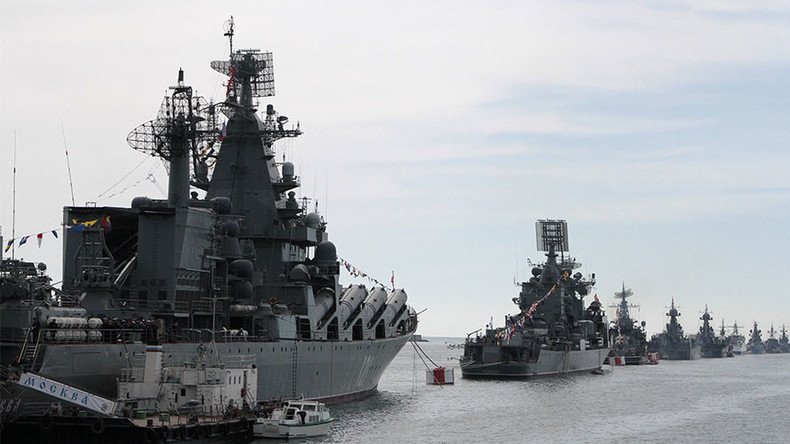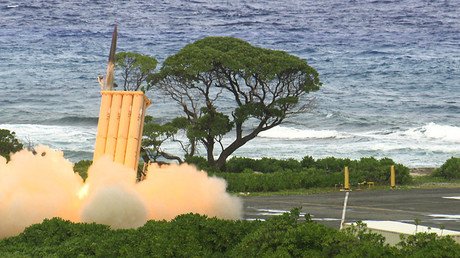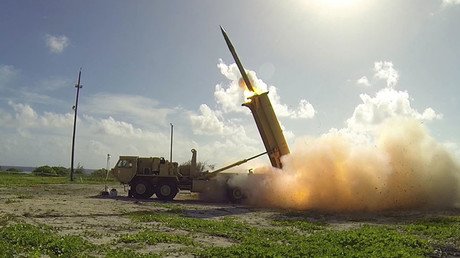Russia & China announce new ‘unspecified’ measures to US’ anti-missile system in S. Korea

Russia and China will be taking further “unspecified” countermeasures to the US plan to deploy an anti-missile system in South Korea, according to Chinese news agency, Xinhua.
According to the statement, Moscow and Beijing urge all those involved in the system’s deployment to consider the escalation in tensions it would lead to, and to exercise restraint. But the two also reaffirm their commitment to a nuclear-free North Korea, and believe diplomacy should be the way forward.
The statement comes shortly after a Thursday meeting co-chaired by Russian Deputy Foreign Minister Igor Morgulov and Chinese Assistant Foreign Minister Kong Xuanyou.
The Terminal High Altitude Area Defense (THAAD) system is to be deployed on a golf course in South Korea, prompting worries from Russia and China about their security being compromised by the anti-missile system’s powerful radar.
One of the concerns the two have with the US system is its radar’s ability to peer into Russian and Chinese territory.
Moscow has also appraised the situation around the Korean peninsula as “exhibiting a high likelihood of becoming volatile” in a statement. Aside from mentioning regional rivalries, the Russian Foreign Ministry emphasized “the counter-productiveness of the line being taken by certain governments in exacerbating these tensions and instigating an arms race in the subregion, as well as the increase in the scale of military drills.”
The decision to deploy was first announced in July, promising a system by the end of the year. This led to strong opposition from Russia and China, as well as a 100,000-strong petition by American activists urging the US to reconsider. Reassuring people that the system would “not undermine China’s or Russia’s strategic deterrent,” the Obama administration shot the petition down.
The thinking over the summer was that the North Korean threat to its southern neighbor must be kept in check. Pyongyang’s rising number of ICBM tests and its escalating rhetoric against Seoul contributed to this. Brushing aside criticism by China and Russia, Washington said that its hardware in Korea will be focused “solely” on countering the North Korean nuclear and ballistic missile threat.
Less than a week ago, Seoul reaffirmed its commitment to deploying THAAD, leading to another chorus of protest from Beijing, which complained that it “repeatedly expressed” its concerns, and that the system was “no good to peace and stability on the Korean Peninsula.”
“We also hope that a proper solution that accommodates each other’s concerns can be found through communication and consultation between China and the ROK,” Chinese Foreign Ministry spokesperson Geng Shuang also told journalists at the briefing.
Seoul responded almost immediately by saying that THAAD deployment is “a sovereign and self-defensive measure.”
South Korea has also complained about China taking what it sees as “retaliatory measures” over the decision to deploy. These included a partial ban on Korean TV, as well as some pop artists. The automotive industry was also targeted, and an investigation was launched into Korean retail giant Lotte, which does business in China.
Once again this Thursday, South Korea warned that it may complain to China over the effect its indirect response to THAAD has had: “We plan to present the relation between China’s actions that have been pointed out by our companies and the THAAD deployment during a meeting on Friday regarding the free trade agreement between South Korea and China,” Trade Minister Joo Hyung-hwan told parliament.















